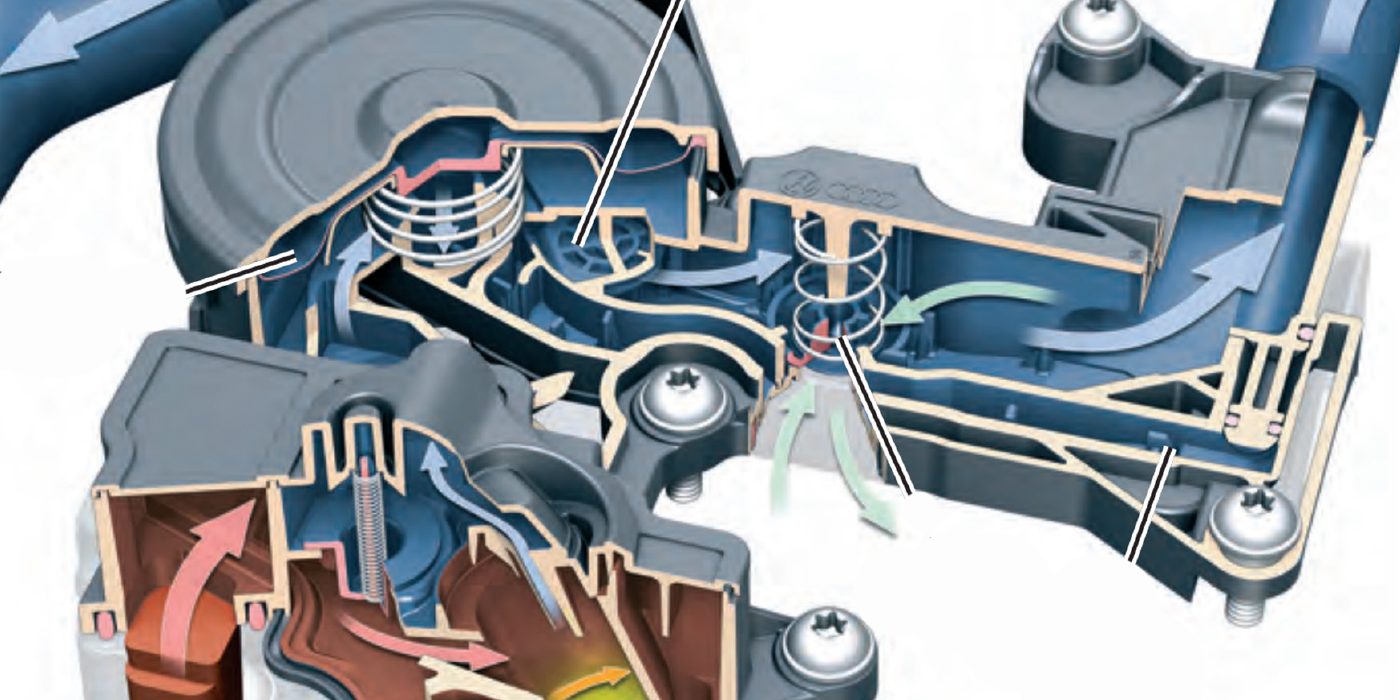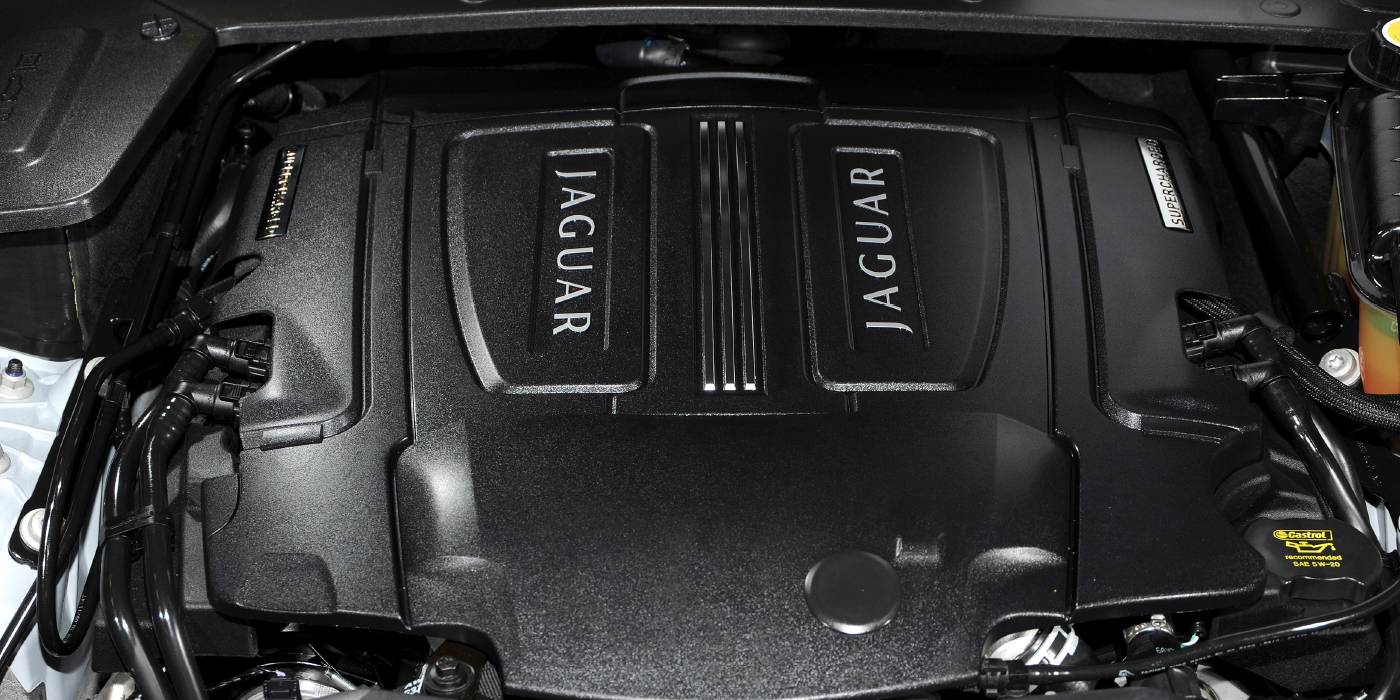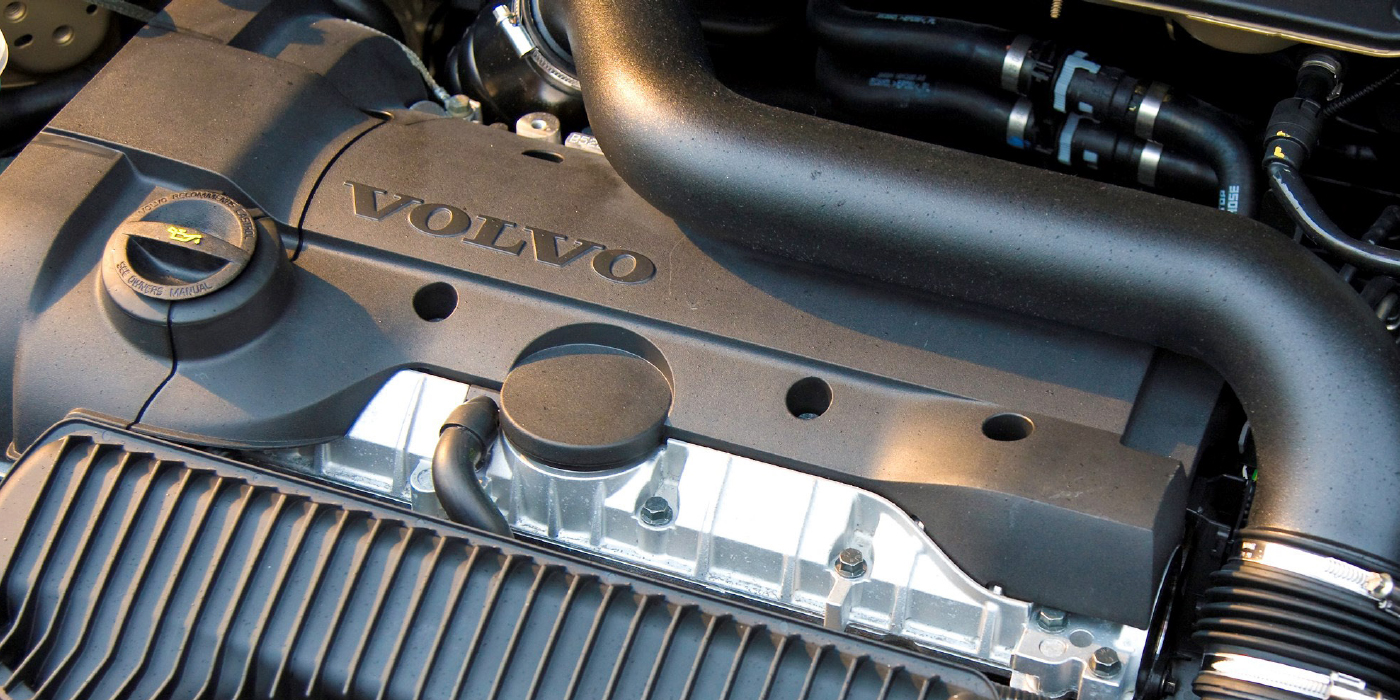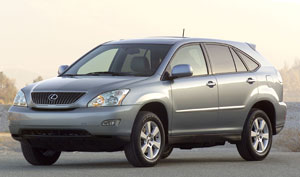 Toyota Motor Sales announced it will conduct a voluntary Safety Recall for a brake problem that occurs once the vehicle has been serviced with non-factory fill/genuine brake fluid.
Toyota Motor Sales announced it will conduct a voluntary Safety Recall for a brake problem that occurs once the vehicle has been serviced with non-factory fill/genuine brake fluid.
The recall involves the following models and affects 740,000 vehicles sold in the U.S.:
• 2005-2006 Avalon;
• 2004-2006 Highlander (non Hybrid);
• Lexus RX330, and
• 2006 Lexus GS300, IS250 and IS350.
Drivers may experience a small amount of the brake fluid leaking from the brake master cylinder, resulting in illumination of the brake warning lamp. If the brake warning lamp has illuminated and the vehicle continues to be operated without refilling the master cylinder brake fluid reservoir, the driver will begin to notice a spongy or soft brake pedal feel and braking performance may gradually decline.
The cause of the leak was cited as non factory-fill Toyota brake fluid added during service of the systems. Toyota claims that some replacement brake fluids do not contain the correct levels of a certain polymer to protect the internal rubber seal (brake master cylinder cup) located at the end of the brake master cylinder piston from drying out and curling during movements of the brake pedal.
The press release states: “The Toyota genuine brake fluid used during vehicle assembly for vehicles sold in the U.S. contains polymers. The polymers act as lubricants for certain brake system components.”
The updated seal is manufactured of a material that can operate in an environment with lower levels of this polymer. This should prevent any further leaks no matter what brand of brake fluid is used to service the system.
In Toyota service information and in owner’s manuals, Toyota specifies SAE J1703 or FMVSS No.116 DOT3 brake fluid. These recommendations are still in place and it is acceptable to use any brand of brake fluid as long as it meets SAE or DOT recommendations.
These standards focus on the boiling point and compressibility, but they also focus on the seal compatibility, corrosion resistance and lubricating properties. But, every brake fluid manufacturer has its own additive package. The unnamed polymer is typically a component.
Owners of the involved vehicles will be notified by first class mail beginning in early November 2010. Toyota and Lexus dealers will replace the brake master cylinder cup with a newly designed one at no charge to the vehicle owners.
ZF Expands SACHS CDC Shock Line for U.S., Canada
The release expands ZF’s line by more than 70% reflecting growing demand for advanced damping technology in the aftermarket.
ZF Aftermarket announced the launch of 33 new part numbers in March for SACHS Continuous Damping Control (CDC) shock absorbers for approximately 1.6 million passenger vehicles in operation in the U.S. and Canada (USC). The new products expand ZF’s line of SACHS CDC shock absorbers by more than 70 percent, reflecting growing demand for advanced damping technology in the aftermarket, according to ZF.
Servicing Mercedes-Benz AMG Brakes
Take a look at some of the things you need to know in order to service the brakes on a Mercedes-Benz AMG vehicle.

AUDI Outside Air Temperature Readings
Incorrect readings can be avoided.
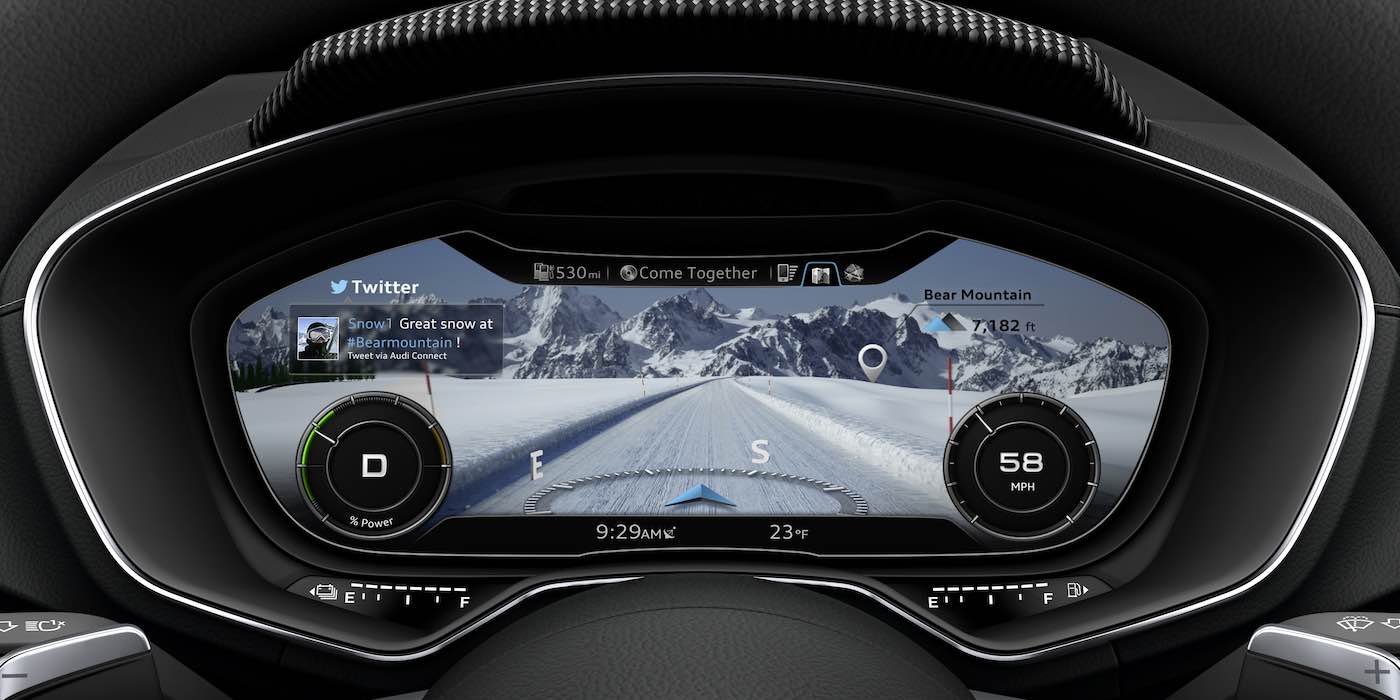
Mercedes-Benz ABC Suspensions
The system provides great ride & handling, but it can be complicated to service if you do not have the right training.
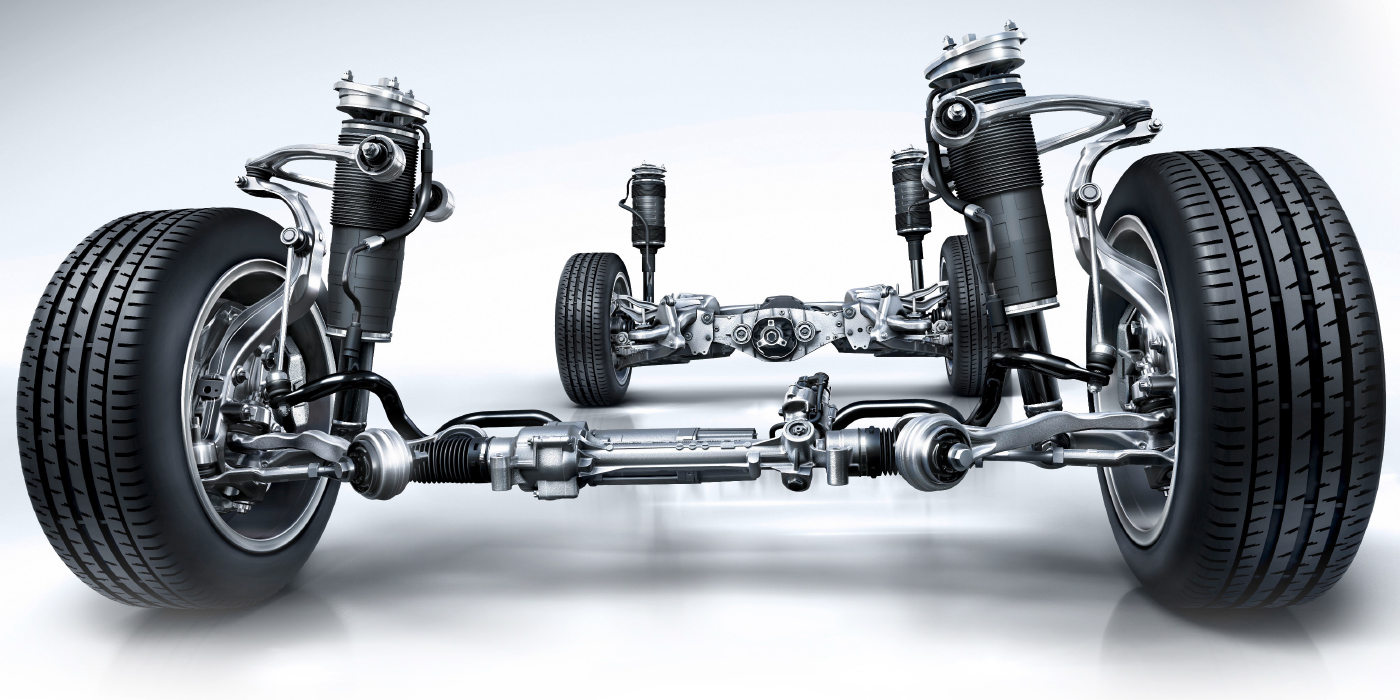
Audi TFSI/FSI: Oil Consumption And Carbon Buildup
Technical Service Bulletins can be valuable in helping solve vehicle problems. But sometimes, it takes multiple TSBs to find a pattern failure or the “root cause” of a problem. In the case of the Audi/VW 2.0L Fuel Stratified Injection (FSI) engine introduced in 2006, three problems related to engine carbon and fuel issues are connected
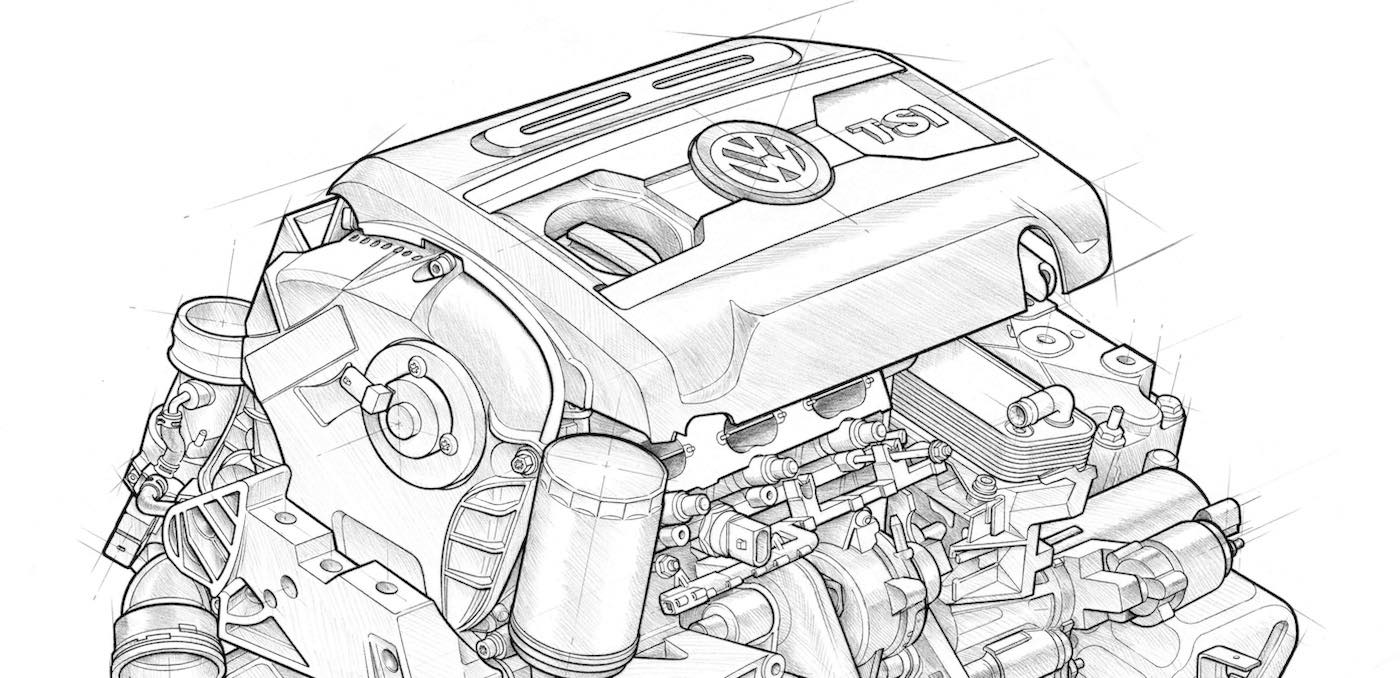
Other Posts
Philips Announces Xperion 6000 LED Under Hood Work Light
It features a motion detection switch that allows mechanics to turn the light on and off with a wave of their hand.
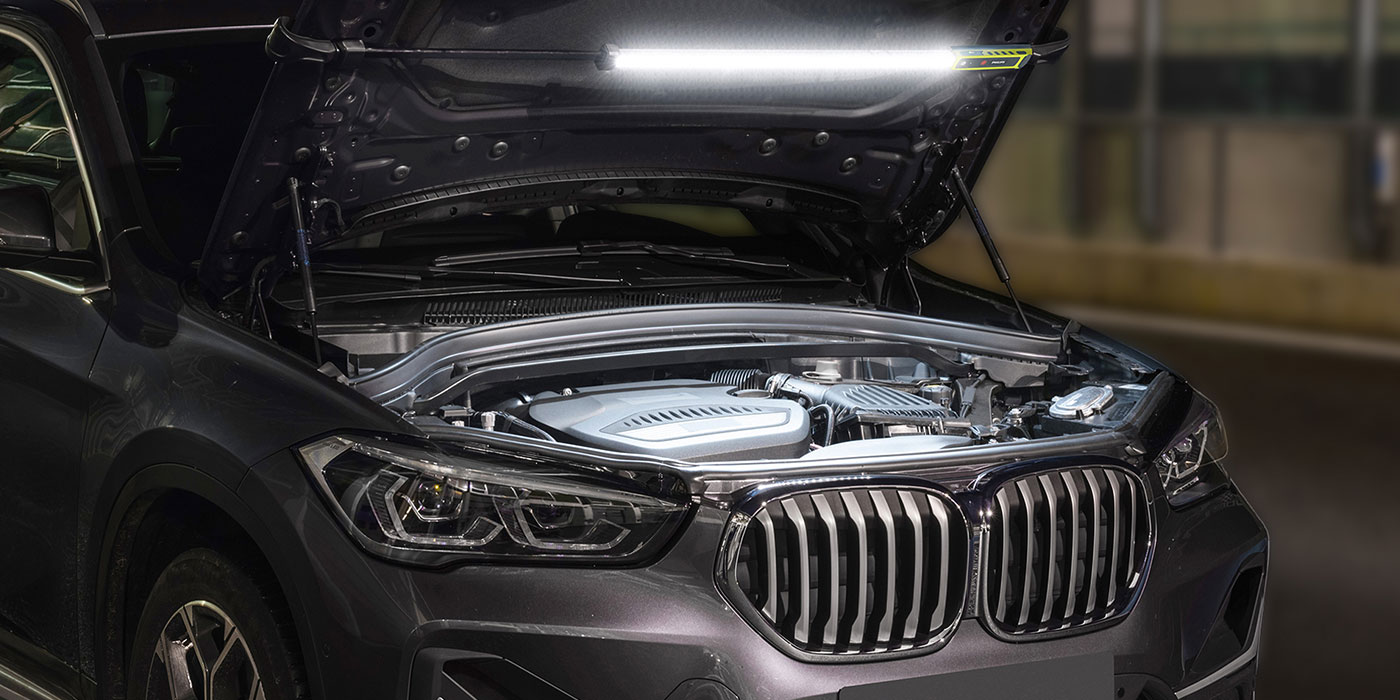
Snap-on Announces Latest Software Release
The latest software includes new coverage, guided component tests and features.
Continental Tire Opens Retread Solutions Center in South Carolina
The company said it hopes to uncover new improvements and technologies to innovate the retread process.
Philips Announces GoPure GP5212 Automotive Air Purifier
It uses a 3-layer filter to deliver cleaner, healthier, fresher air on the go, Lumileds said.

